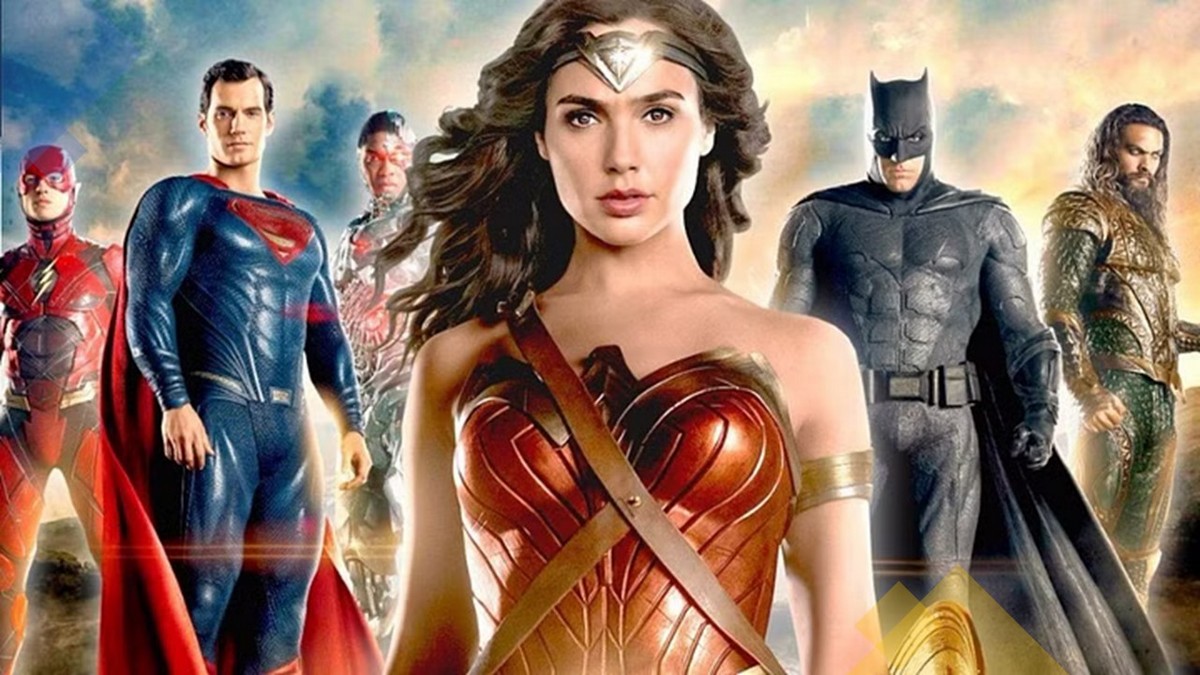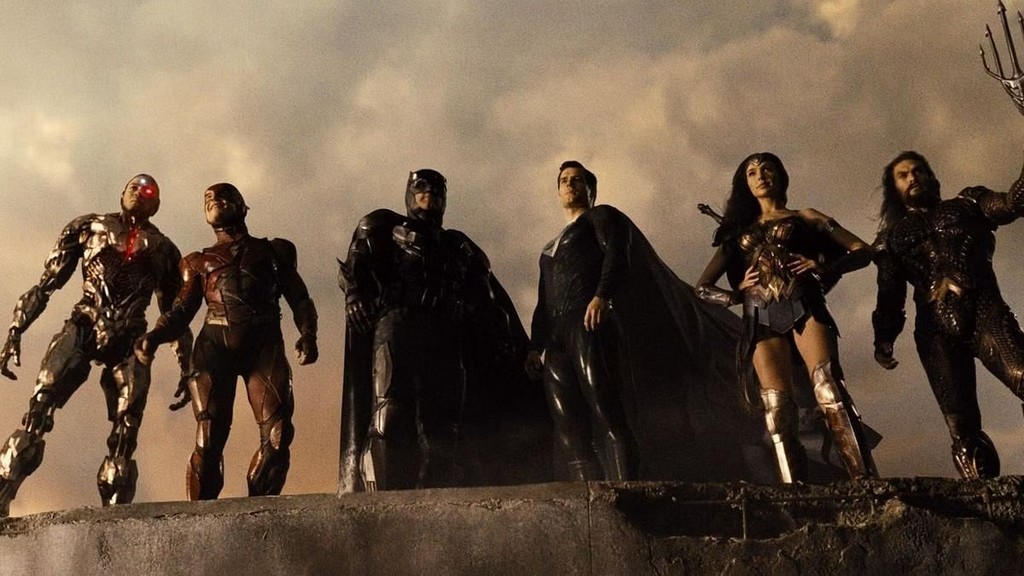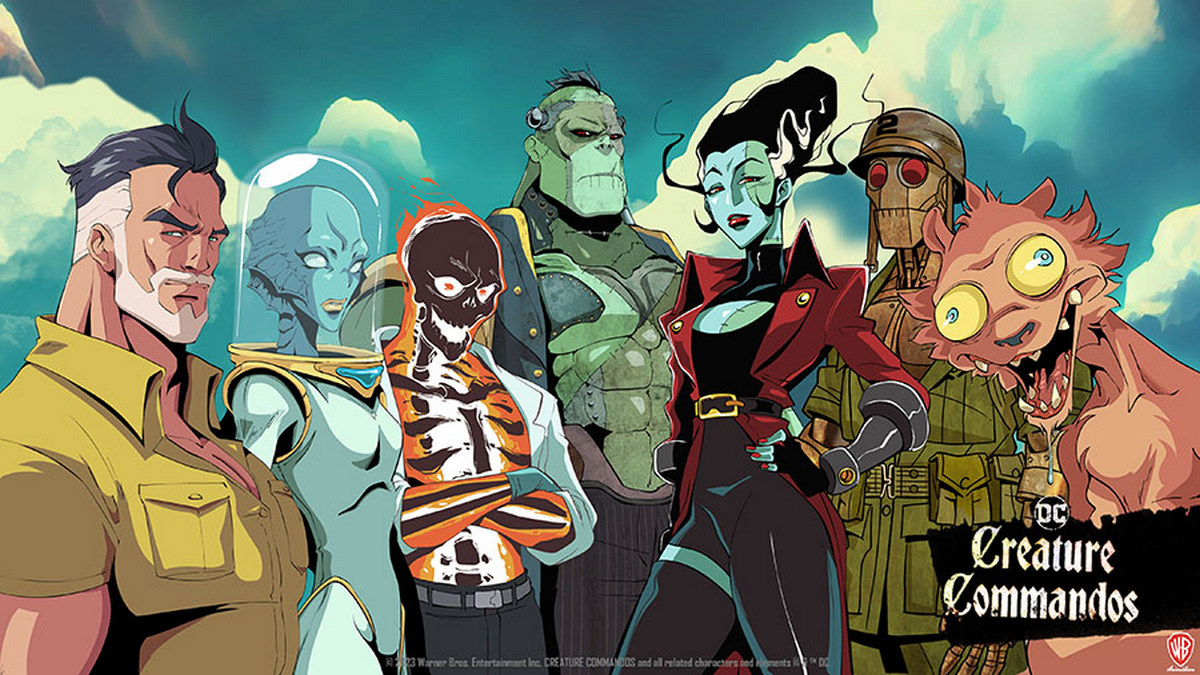DCU vs. DCEU: What Are the Differences & Are They Connected?

DCEU has been, for a long time, a synonym for DC’s shared universe of superhero films. It was a widely used term, similar to Marvel’s own MCU. Recently, Peter Safran and James Gunn unveiled their new plans for the DC’s cinematic universe. They repeatedly used the term “DCU” to describe all the upcoming projects, be it animated ones, live-action series, or movies. This led the fans to question are DCU and DCEU the same thing and whether they are connected.
DCU and DCEU both refer to the shared universe of superhero films based on characters and properties published by DC Comics, and in that context, DCU and DCEU are the same things, with the former referring to the movies released in the 2010s and the latter referring to the upcoming slate of movies and series. The main difference between the two terms is, however, the fact that DCEU was never an official term. DCEU was coined by journalist Keith Staskiewicz and was never really approved by Warner Bros. Pictures officials. The term DCU is official and will hopefully, in time, replace the unofficial “DCEU.”
Now that we’ve given you the short answer, it’s time to analyze this issue in a bit more detail. With the similarities between the two terms being striking, they are bound to cause some confusion. If you’re interested in how both terms came to be and what exactly they present. Stay with us and keep reading!
What does the term “DCEU” mean, and how it came to be?
DCEU – short for DC Extended Universe, refers to the shared universe of superhero films based on some of the most popular characters that DC comics can boast. The term was used for the first time by journalist Keith Staskiewicz during the Batman v Superman cover story feature when he commented on the many characters that the movie included, which resembled a starting point in a bigger and more connected universe than we were mostly used to seeing.
And in a way, it was. DCEU was never an official term but the cinematic exploits of Warner Bros. The executives wanted their own piece of the cake when it came to comic book-based movies and wanted to emulate the success of Marvel Studios’ Marvel Cinematic Universe (MCU), which had established a successful and lucrative shared universe of films based on Marvel Comics characters. DC Comics and Warner Bros. sought to replicate that success with the DCEU and have since released a number of films that build on one another and contribute to a larger, interconnected story.

However, the term “DCEU” was never coined by any officials related to the films. The officials repeatedly tried to dispel the fame surrounding it. Still, fans, critics, and media outlets referred to the shared universe of DC Comics films in this way, and it has become a widely recognized and commonly used shorthand for the franchise.
DCEU included a number of highly successful films, such as “Man of Steel,” “Batman v Superman: Dawn of Justice,” “Wonder Woman,” “Aquaman,” and “Shazam!,” among others. It has been well-received by audiences and has grossed billions of dollars at the box office, making it one of Hollywood’s most successful shared universes. But despite its relative financial success, it was also extremely criticized. This leads us to the most recent events and the birth of a new, more official “DCU.”
Gods & Monsters: The Birth of a new chapter in the DCU
After many attempts to establish a successful film universe based on DC Comics characters, Warner Bros and Discovery hired James Gunn, the director of Marvel’s “Guardians of the Galaxy” and DC’s “The Suicide Squad,” to work with Peter Safran to create a new and cohesive cinematic universe. Following the disappointing outcomes of Zack Snyder’s DCEU, the underperforming box office results of “Black Adam” starring Dwayne Johnson, and Henry Cavill’s departure from the franchise as Superman, there was a need for swift change.
The change was announced by James Gunn and Peter Safran with the upcoming slate of movies, live-action series, and animated projects that will be released in the following years. Numerous movies have been announced, and several actors who were previously a part of the DCEU will continue their respective roles in the newly formed DCU, such as Viola Davis. However, some characters will be recast, including Batman and Superman. Robert Pattinson will still play Batman in Matt Reeves’ “Batverse,” but a new actor will be selected to portray Superman in the DCU. This change in casting aims to provide a fresh perspective and a new take on these beloved characters in the DC Comics universe.

The term that both Safran and Gunn repeatedly used was DCU, a much more official and confirmed term to refer to the new and shared universe of DC’s superheroes and their respective stories. Gunn and Safran likewise put great emphasis on the fact that the universe will be connected, preserving the individual and shared identity of each character through the casting of the same actors to play every version of the character and through the interconnected stories.
So, are DCU and DCEU the same thing?
DCU and DCEU are the same things in the sense that they refer to the shared cinematic universe that encompasses a plethora of DC characters. The main difference between the two is that DCEU was never an official term, and it was mostly used to refer to the movies that came out in the 2010s, while the DCU mostly refers to the future projects in the universe led by Safran and Gunn. The term DCEU was likewise never official even though it was widely used, while the term DCU has the official blessing.

